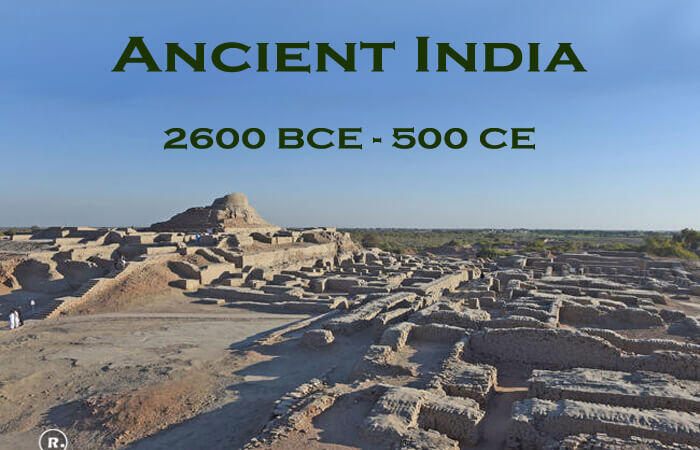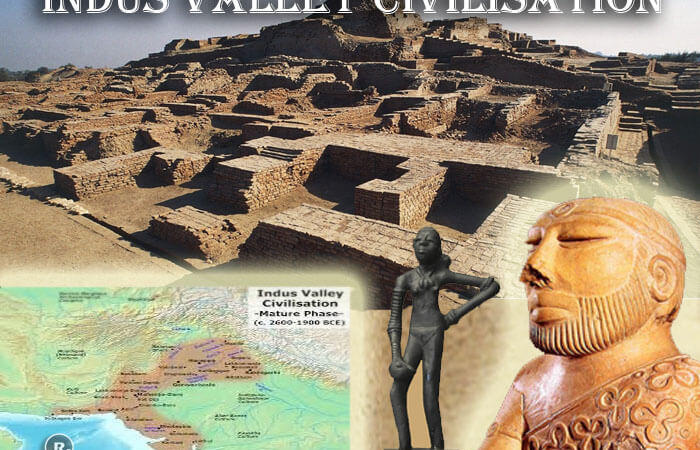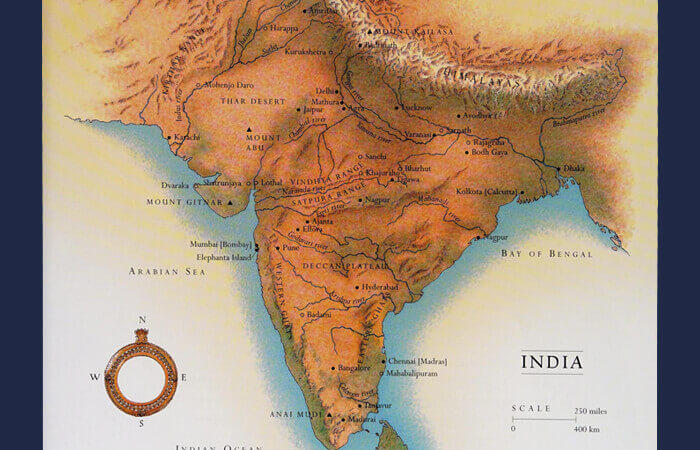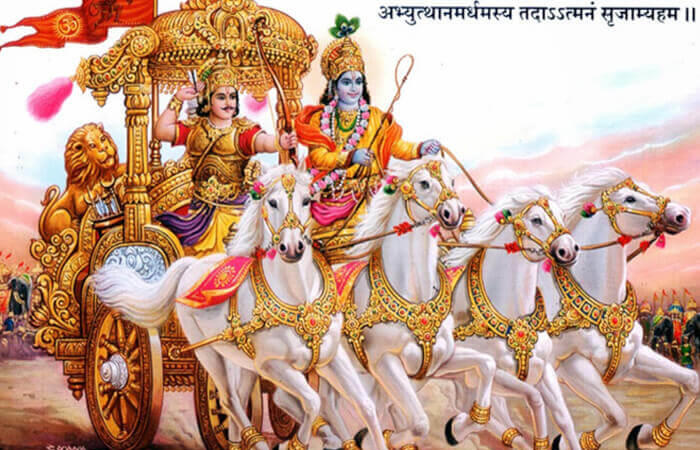Sri Aurobindo (1872-1950)
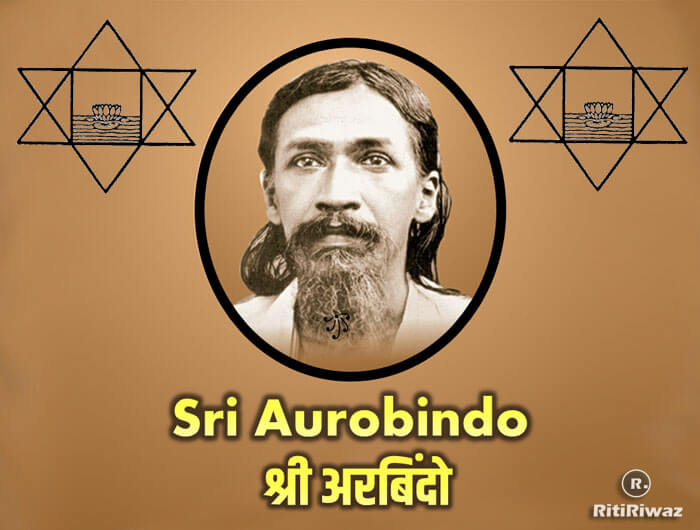
Indian philosopher, poet, mystic, and Yogi, Sri Aurobindo (1872-1950), argued that human society has evolved throughout history. His aphorism ‘All Life is Yoga’ is in consonance with his evolutionary philosophy. His Integral Yoga encompasses every aspect of human life and society, the onward march of which does not stop at the present transitory formations.
The philosophy of Sri Aurobindo is Integral Yoga Evolution, Integral psychology, Intermediate zone Supermind, Religious career, Disciples, and Influenced. His writings and outer life give a profound glimpse into the life of this unique spiritual master.
For the last 40 years of his life, he worked tirelessly for this goal of bringing down a new spiritual consciousness.
‘ No one can write about my life because it has not been on the surface for man to see.’ – Sri Aurobindo on himself
Fast Facts
Birth Date: 15 August 1872
Place of Birth: Kolkata, West Bengal, India (Present-day)
Died: 5 December 1950
Place of Death: Puducherry, India
Father’s Name: Dr. K.D Ghose
Mother’s Name: Swarnalata Devi
Spouse: Mrinalini Devi
Alma mater: University of Cambridge
Established: Sri Aurobindo Ashram
Philosophy: Integral Yoga, Involution, Evolution, Integral psychology, Intermediate Zone, Supermind
Literary Works: The Life Divine, The Synthesis of Yoga, Savitri
Early Life
Aurobindo Ghose or Sri Aurobindo was born in Calcutta (now Kolkata), West Bengal Presidency, India. He was born on 15 August 1872 in a Bengali Kayastha family. He was associated with the village of Konnagar in the Hoogly district.
His father Krishna Dhanu Ghosh was a doctor and his mother Swarnalata Devi was a skilled housewife and woman of extremely religious nature. His father wanted his children to be schooled in English, therefore at the age of seven Aurobindo was sent to study in England. The famous don Oscar Browning declared Aurobindo one of the greatest scholars he had seen.
On the orders of his father, he applied for British civil service while living in Cambridge and he has passed all his exams but he failed in an examination of horse riding. At the age of 21, he returned to India increasingly committed to working for Indian Independence.
In 1893, Arvind Ghosh returned to India and was appointed to the post of Vice-Principal in a university in Baroda (present-day Baroda), he started working on a salary of Rs 750 per month.
From 1893 to 1906, he held that post and continued to do his work honestly and diligently, in the meantime he acquired knowledge of Sanskrit, Bengali literature, philosophy, and political science, which impressed the Maharaja of Baroda to like him very much.
But after the partition of Bengal in 1906, he left the job and went to Bengal and started working in the Bengal National College with a salary of one hundred and fifty rupees. The job was only a means, the flame of freedom was burning in his mind.
Sri Aurobindo contribution to the freedom fight
He worked in Baroda State Service for several years but his love for his country could never subdue in his heart. Hence, he soon was drawn towards the nationalist and freedom movement and became an integral part of the revolution apparatus.
Aurobindo Ghose played a major role in India’s freedom struggle from 1908. Aurobindo Ghosh was one of the leaders who awakened the politics of India. He published the English daily ‘ Bande Mataram’ magazine. In it, without fear, he wrote sharp editorial articles against the British rule in the open.
For several years Sri Aurobindo was a pivotal figure in the movement for independence. Arvind Ji also openly supported the boycott of British goods, British courts, and other English things. He asked the people to be ready for Satyagraha which ignited a fire among the youth of Bengal and they were eager to overthrow the British rule.
Alipore Bomb Case Arvind Ghosh was put in Alipore Central Jail for one year. After that, during the hearing, Chittaranjan Das defended Sri Aurobindo Ghosh and after a memorable hearing, he was acquitted.
Sri Aurobindo attraction to spirituality
Once when he was locked in a dirty cell of Alipore Jail, he had a dream in which God is telling him that for freedom, more subtle than gross work is needed because this is the time of change and you should do spiritual practice to make India subtle. must be made powerful.
Confined to his own prison cell Sri Aurobindo was able to practice meditation and read about the ancient principles of yoga, undisturbed by outer commitments. Sri Aurobindo began to have profound meditations. Entering into higher realms of consciousness he became aware of the omnipresence of God.
An environment has to be created in which the holy spirits also come to earth and make sacrifices in this struggle. And God ordered him to go on a divine mission. He used this period of imprisonment to deeply study and practice the teachings of the Gita.
As Sri Aurobindo himself said.
“I looked at the jail that secluded me from men and it was no longer by its high walls that I was imprisoned; no, it was Vasudeva who surrounded me. I walked under the branches of the tree in front of my cell but it was not the tree, I knew it was Vasudeva, it was Sri Krishna whom I saw standing there and holding over me his shade. I looked at the bars of my cell, the very grating that did duty for a door and again I saw Vasudeva.
It was Narayana who was guarding and standing sentry over me. Or I lay on the coarse blankets that were given me for a couch and felt the arms of Sri Krishna around me, the arms of my Friend and Lover. This was the first use of the deeper vision He gave me. I looked at the prisoners in the jail, the thieves, the murderers, the swindlers, and as I looked at them I saw Vasudeva, it was Narayana whom I found in these darkened souls and misused bodies. Amongst these thieves and dacoits, there were many who put me to shame by their sympathy, their kindness, the humanity triumphant over such adverse circumstances.”
It was also in prison that Sri Aurobindo was visited by the soul of Swami Vivekananda, who instructed Sri Aurobindo about the workings of the superconsciousness which was above the mind. After leaving prison, he started a monthly magazine called Shri Arya in the year 1914 after focusing his attention on yoga for four years in Pondicherry.
Compositions by Aurobindo Ghosh
For the next six and a half years it became a medium for most of his most important works which came in the form of a serial. Names of the Gita, Secrets of the Vedas, Upanishads, The Renaissance in India, War and Self-Determination, The Human Cycle, The Ideal of Human Unity, and The Future Poetry. Sri Aurobindo retired from public life in 1926.
With spiritual powers and psychic subtle powers, he created such an environment in which young, old, children, or women all came forward to sacrifice themselves for freedom. Day by day the news of people being martyred, whether it was Chandrashekhar Azad or Bhagat Singh, such massacres came forward that the British government had to be uprooted eventually.
Arvind Ghosh never gave importance to worldly achievements. He was nominated for the Nobel Prize for Literature in 1943, while in 1950 he was nominated for his contributions to poetry, spiritual and philosophical literature. He was also awarded the Butterworth Prize in Literature and the Bedford Prize for Contribution to History.
Aurobindo Ghosh believed throughout life that his mind is more powerful than a human and the soul has thousand times more powerful than the mind, the one who has known himself, there is no need to know anything again.
Sri Aurobindo Death
On 5 December 1950, Aurobindo Ghosh renounced his body and merged it into completeness, after which Indian philosophers gave the analogy of Maharishi and he was called Maharishi Arvind (Sri Aurobindo). According to Aurobindo Ghosh, there is no such thing as death because one who has taken himself as a body is just a garment worn by the soul and the soul never dies.
Sri Aurobindo Ashram
Puducherry is largely associated with Sri Aurobindo and his teachings, and Sri Aurobindo Ashram is a popular spiritual retreat. The ashram was founded in 1926 and was home to Sri Aurobindo himself, as well as Mother Mirra, during the course of their lives.
Located on Rue de la Marine, it is one of the wealthiest ashrams in the country and is seen as an amalgamation of spiritual knowledge of yoga and modern science. Sri Aurobindo founded the ashram when he was fleeing British persecution and arrived in Puducherry to find a haven. Here, he found the spiritual power of yoga and went on to inspire many with his writings.
Some observers regard the ashram as the center of a religious movement, but Aurobindo said that any attempt to base a movement on his teachings would end in failure. Nevertheless, some of his followers who view themselves as part of a movement use mass mobilization techniques, litigation, and political lobbying to advance their agenda, which includes the dismissal of current ashram trustees and amendment of the ashram’s trust deed.

